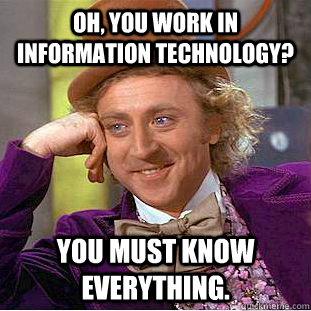
Unless you are an astronomer, architect or engineer, most of us toy with this question: “When will I use the Pythagorean theorem in real life?” In reality, this question is true for most things that are perceived as complex.
Typically, non-technical internet governance practitioners and champions of the internet often find themselves asking a similar question when approaching technical aspects of internet governance like domain name systems and infrastructure. On the other hand, technically inclined practitioners and champions of change typically harbour similar feelings for the policy, legislative and human rights aspects of internet governance. This was exposed very early in our sessions at the African School on Internet Governance (AfriSIG) 2021.
Having an entrepreneurial, legal and policy background, I understand that you cannot be an expert of everything. However, being familiar and comfortable with more aspects of internet governance than not will always be beneficial, not only from a personal development perspective, but also for those who rely on us to advocate for open, fair and accessible internet.
AfriSIG 2021 presented all elements of internet governance in a manner that exposed my knowledge gaps, and left me and the other fellows with information that would have taken us all years to acquire individually and inspiration to peruse life-changing opportunities. The school also practically illustrated the workings of multistakeholderism, the importance of being Africa-centric when approaching internet governance-related issues, and the understanding that the global North also has its own set of problems. As the National Internet Governance Forum chairperson in my country, I am very excited to share these new learnings with my committee members, who I believe can leverage the knowledge.
Our focus went beyond using internet governance to bridge the digital divide. It showed us that Africa is well positioned to leapfrog, despite the negative reviews. The sessions allowed me to grapple with internet governance history, situational facts, economics, sustainable development, telecoms infrastructure, investment, intra-governmental policies, technical cybersecurity, elements of self-regulation and so many other internet governance elements in a way like I have never before.
The highlight of my experience was being able to listen to highly sought-out experts across the field, ask questions, listen to views in a way I had never thought of before and participate in robust debates. I believe this has assisted me to formulate cogent arguments around issues of literacy, connectivity, access, trust and economic development in Africa, my passion and work focus. I’ve already managed to apply what I have learned in such a short space of time, simply emphasising how relevant AfriSIG is. Additionally, making friends with people who have similar interests was the cherry on top.
I believe becoming an AfriSIG fellow means being part of a phenomenal ICT family, an invaluable addition to life-long value.
So, in line with the question I opened with, “When will I use principles of internet governance?” Short answer: “In this technically inclined and imbalanced world, when will I not!”
Zanyiwe Nthatisi Asare is an advocate of the High Court of South Africa, multi-entrepreneur, Consumer Advisory Panel (CAP) member for the Independent Communications Authority of South African (ICASA) and the Chairperson of the South African Internet Governance Forum. When she isn’t writing, speaking about or actioning strategy around Africa’s growth and development, she is travelling, spending time with loved ones, tasting something yummy, or listening to music or podcasts.
